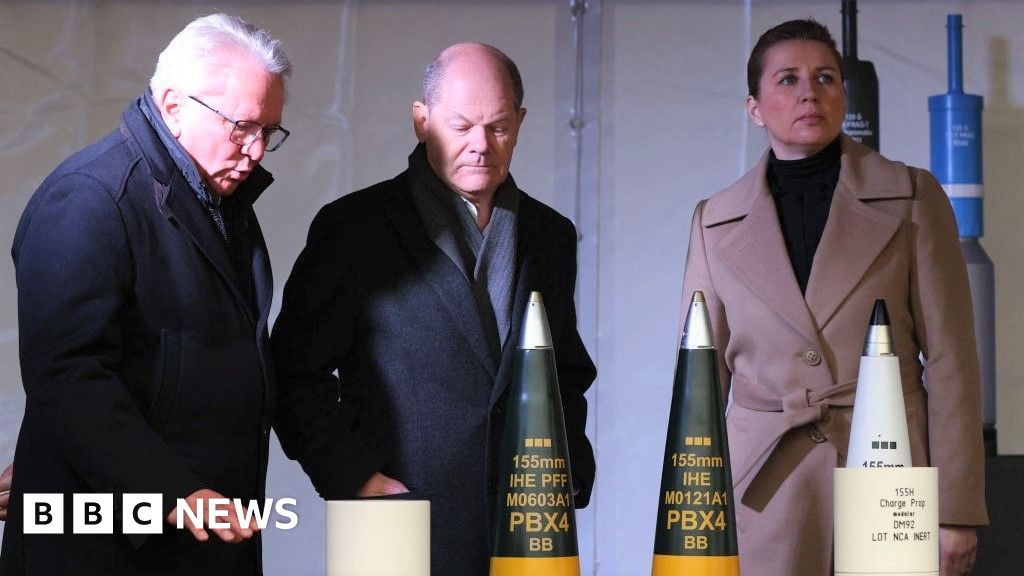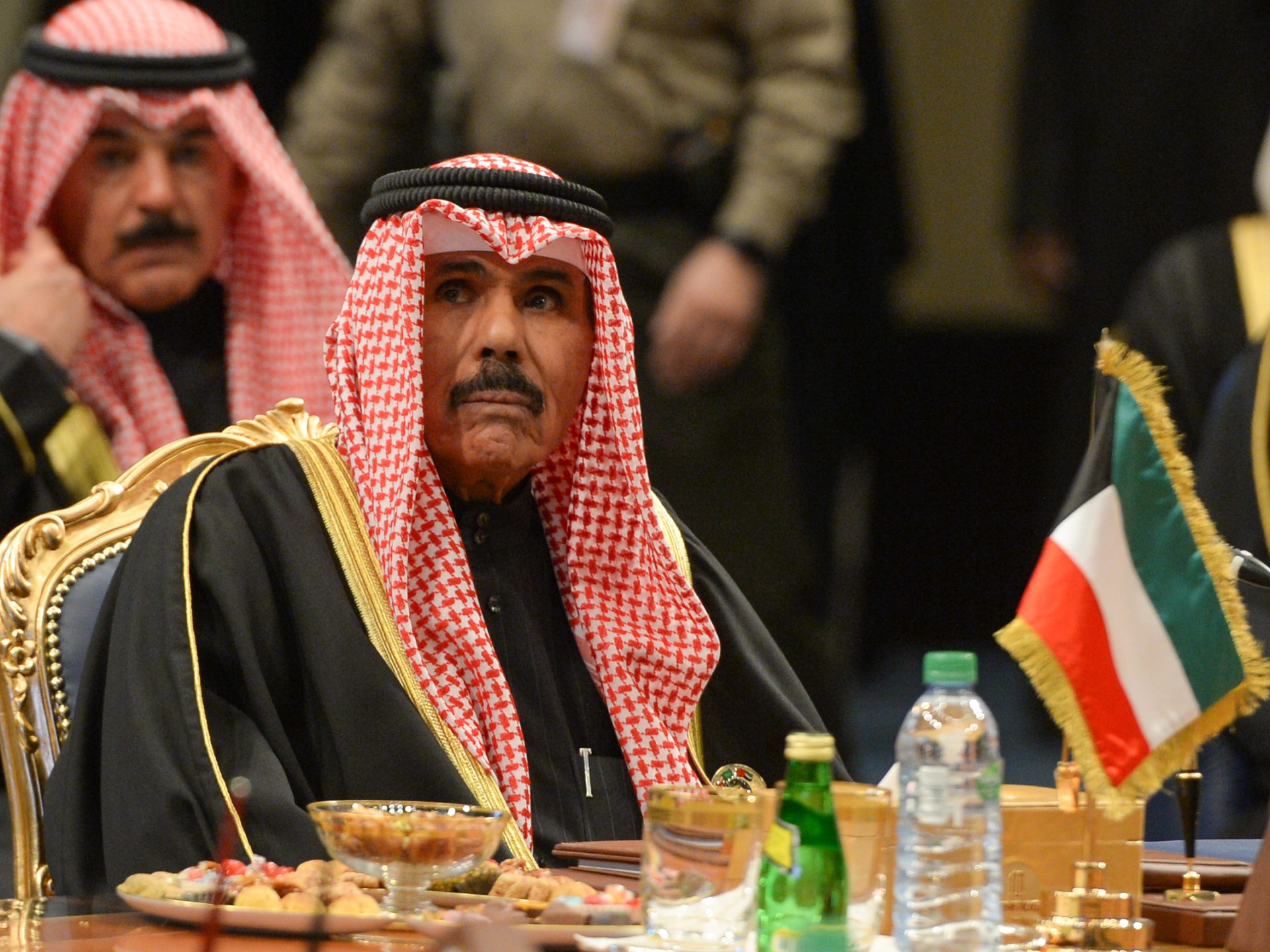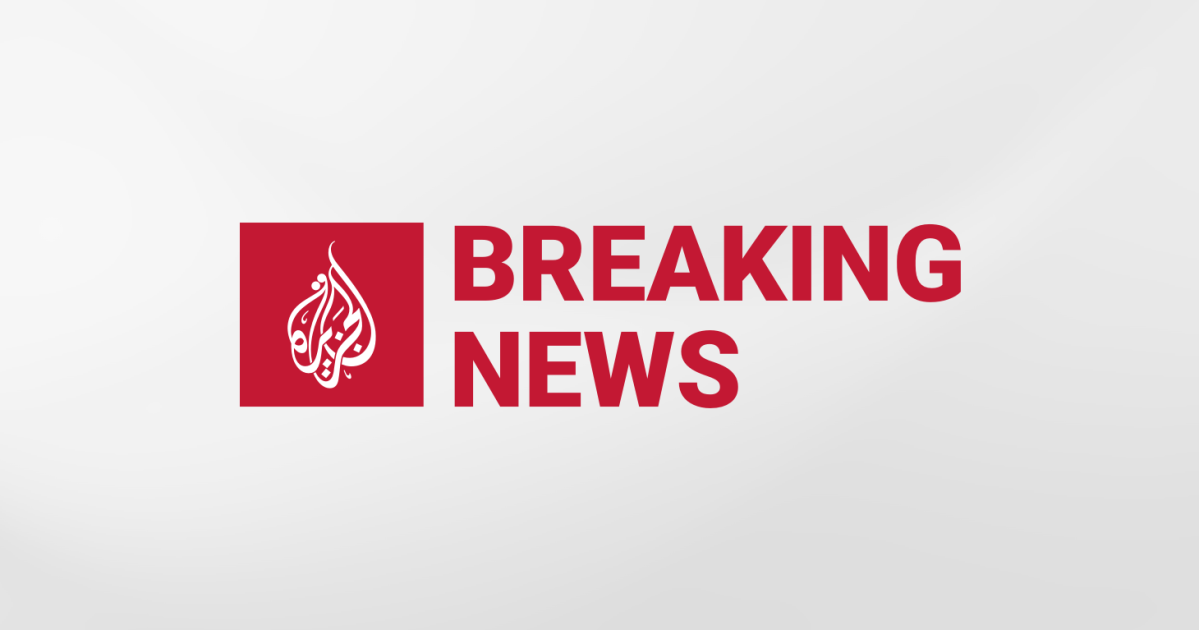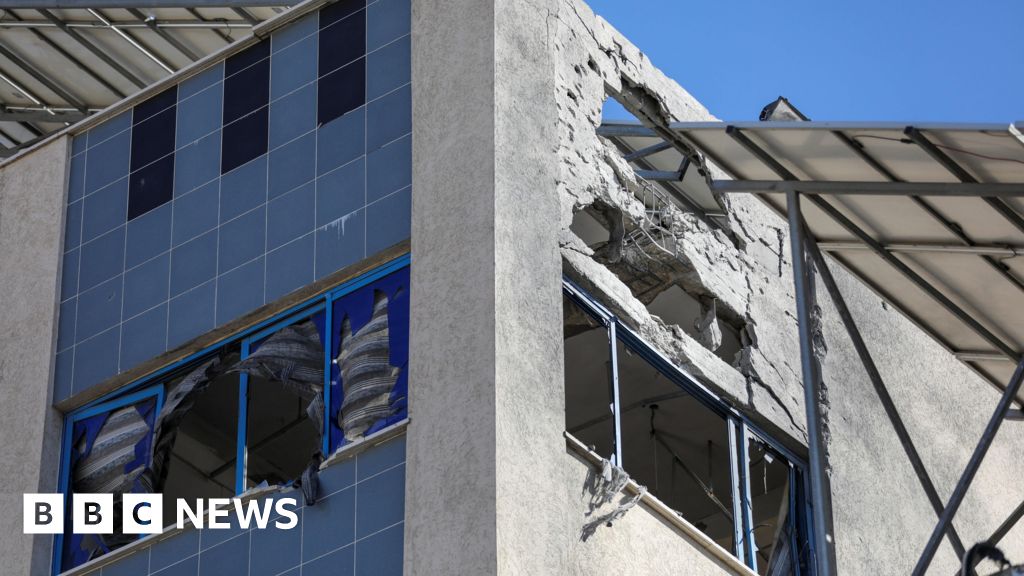Is Germany in Cold War 2.0?
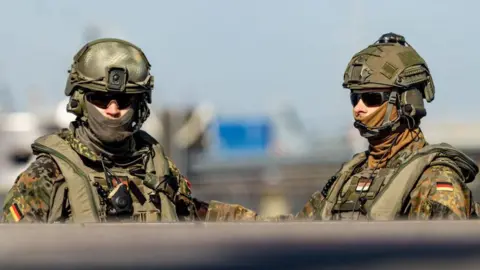 AXEL HEIMKEN/AFP
AXEL HEIMKEN/AFPHoles mysteriously found cut in army base fences.
An alleged plot to assassinate Germany’s top weapons manufacturer.
Phone taps on a high-level Luftwaffe call.
These aren’t storylines lifted from a 1960s spy novel but real-life events in Germany, this year.
Not all of these events can definitively be blamed on Moscow, but Germany is on heightened alert for possible acts of Russian sabotage, because of Berlin’s continued military support for Kyiv.
As a hot war rages between Russia and Ukraine, there are fears that Europe has slipped into a new Cold War.
“When we think of the Cold War, we have a tendency to think of the 1970s by which point the rules of the game had become established and accepted,” says Mark Galeotti, a senior fellow at the Royal United Services Institute (Rusi) and director of Mayak Intelligence.
“In some way, we’re in the early Cold War – the Fifties and Sixties, so a much rawer time.”
But what does a rekindled Cold War look like for Europe’s biggest economy and a country that was once itself cut in half by the Iron Curtain?
The biggest bombshell dropped just last month when CNN reported that US officials had told Berlin of an alleged Russian plot to kill the chief executive of Germany’s biggest arms company Rheinmetall.
The Kremlin denied the report but German Foreign Minister Annalena Baerbock, who strikes a hawkish figure next to the more hesitant Chancellor Olaf Scholz, hit out at Russia for “waging a hybrid war of aggression”.
I met Rheinmetall’s CEO, Armin Papperger, at a ground-breaking ceremony for a new ammunition factory in February.
 RONNY HARTMANN/AFP
RONNY HARTMANN/AFPThe 61-year-old is, to use a crude term, a real “somebody”, particularly in a world where Nato countries are spending billions to re-supply Ukraine and boost their own security.
His prominent position was clear as he stood alongside Chancellor Scholz, Defence Minister Boris Pistorius and Danish Prime Minister Mette Frederiksen as they plunged spades into the earth in Lower Saxony.
Had a plot to kill him been successful, it would have sent shockwaves through the West.
A security blunder not long afterwards allowed spies to eavesdrop on a highly sensitive conversation between senior German air force officials, later broadcast on Russian TV.
It was a cause of acute embarrassment for Berlin given that a brigadier general in the Luftwaffe appeared to allow spies into the secure call by dialling in on an insecure line.
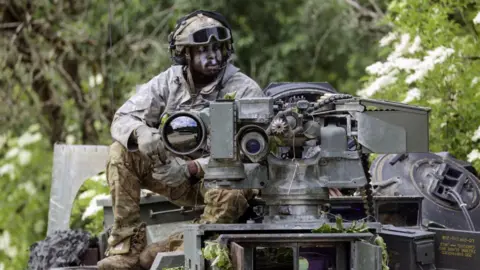 Alex Kraus/Bloomberg
Alex Kraus/BloombergThe mega-blip, however isolated, fuelled accusations that Germany has long been a “weak link” within the European counter-intelligence due to a fragmented, federalised system that’s underpinned by a strong emphasis on individuals’ privacy.
Weeks later, two German-Russian nationals were arrested on suspicion of planning to sabotage US military facilities in Bavaria. Annalena Baerbock summoned the Russian ambassador to complain and announced: “We will not allow Putin to bring his terror to Germany.”
Only last week, holes were found cut into the fences of water facilities supplying two military bases in North Rhine-Westphalia, with concerns that someone has been seeking to contaminate supplies.
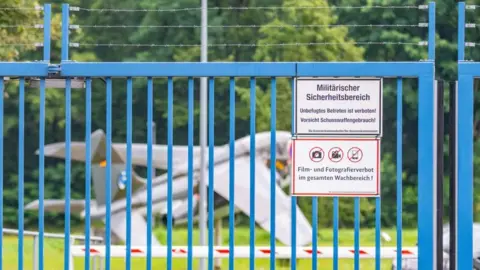 BENJAMIN WESTHOFF/EPA-EFE/REX/Shutterstock
BENJAMIN WESTHOFF/EPA-EFE/REX/ShutterstockGermany is not the only European country being targeted by apparent acts of sabotage, but it has a lot of US military bases that were established in the wake of World War Two.
Mark Galeotti believes Moscow views Germany as a large but “flabby” power, making it the ideal pressure point.
By anyone’s measure, the greatest act of known sabotage to affect Germany in recent years was when the Nord Stream gas pipelines, running under the Baltic Sea from Russia, were blown up in 2022.
Speculation over who ordered the attack has been rife ever since, but in a dramatic development Germany has now issued an arrest warrant for a Ukrainian diving instructor.
Last week the Wall Street Journal reported that the “shoestring” operation had been privately funded but overseen from Ukraine.
Kyiv rejected the report as nonsense, and while there was always scepticism that President Putin would order the destruction of his own pipeline, it does show that the murky world of espionage can be full of twists and turns.
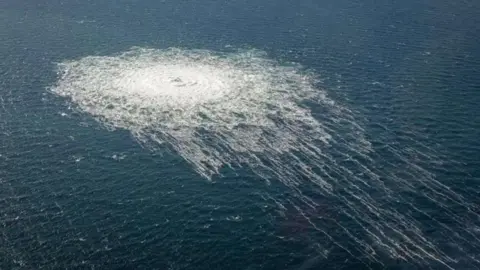 Danish Defence handout
Danish Defence handoutEach incident of apparent sabotage cannot, by any means, be immediately and certainly attributed to Russia.
In France it was far-left activists, not Russian agents, who were accused of targeting the country’s high-speed rail network on the eve of the Olympics.
And Germany has had its own, extensive, history of far-left militant attacks.
The fact that Ukrainian figures are now under the spotlight for the Nord Stream blasts has fuelled fresh criticism from familiar political wings, within Germany, about the government’s support for Kyiv.
Co-leader of the far-right Alternative for Deutschland, Alice Weidel, has called for “aid payments” to Kyiv to be halted and the damage to Nord Stream “billed” to Ukraine.
The AfD enjoys much of its support in the former communist east, where beyond Berlin you’re more likely to find lingering affection for Russia and dissatisfaction with the main parties that have, since reunification, dominated national politics.
So as Cold War comparisons hover over European security, the politics of that period has also renewed itself in Germany in a stark and unexpected way.
In a bid to bolster security, the German government is working on a new law aimed at boosting resilience of critical infrastructure.
German Interior Minister Nancy Faeser says there must be “maximum protective measures in all areas”.
Operators in critical sectors such as energy, transport and water will have to follow minimum security standards, under the Kritis Umbrella Act.
It’s the first federal law of its kind in Germany but yet to gain final approval despite heightened tensions surrounding the war.
German-made armoured Marder vehicles are reportedly being used in Ukraine’s surprise operation inside Russian territory.
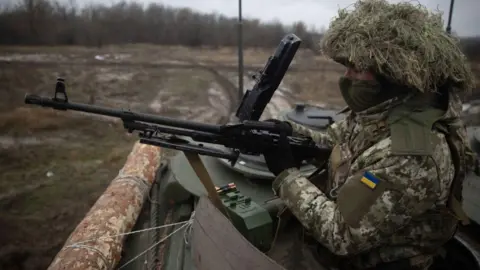 Roman Chop/Global Images Ukraine
Roman Chop/Global Images Ukraine That would mark yet another German foreign policy taboo being broken since Russia’s full-scale invasion of Ukraine.
Add to that contentious plans for the US to station long-range missiles in Germany from 2026.
When Russia’s full-scale invasion of Ukraine began, Chancellor Sholz promised a “Zeitenwende”, or turning point in national defence and security policy.
But supporters and critics of the government alike acknowledge that reversing years of underinvestment in defence will take time – as will adjusting a mentality so influenced by Germany’s dark past.
Given recent developments, there’s a question mark over how long Berlin has.
Mark Galeotti says it is not just rebuilding defence but upgrading cyber-security and improving counter-intelligence.
“Security planning doesn’t happen over weeks or months but years.”
Check out our Latest News and Follow us at Facebook
Original Source

